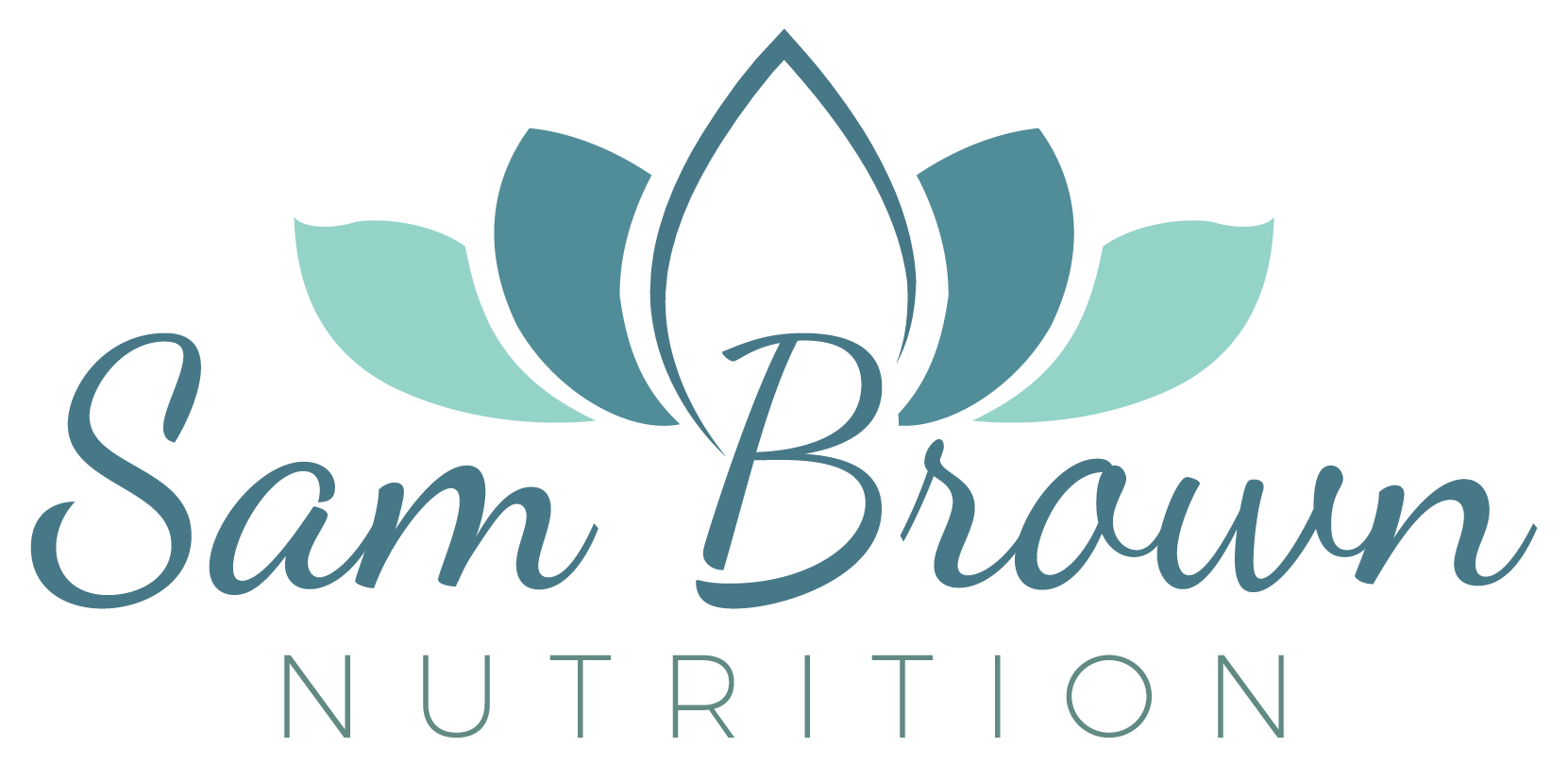
Nutrition and Lifestyle
#9 Understanding FODMAP Fibre and Its Impact on IBD, IBS, and Chronic Constipation
Fibre is essential for good digestive health, but not all types of fibre are suitable for everyone. For people with conditions like Irritable Bowel Syndrome (IBS), Inflammatory Bowel Disease (IBD), or chronic constipation, certain fibres, particularly those classified as FODMAPs, can worsen symptoms and cause discomfort. It is crucial to work closely with a healthcare professional, such as a Nutritional Therapist, to manage fibre reduction and reintroduction effectively. A personalised approach can help develop a long-term plan to manage digestive health and reduce symptoms.
What Are FODMAPs?
FODMAPs are specific types of short-chain carbohydrates that are poorly absorbed in the small intestine. These include fermentable oligosaccharides, disaccharides, monosaccharides, and polyols. While these carbohydrates pass through the gut without issue for many, people with sensitive digestive systems often experience bloating, gas, and diarrhoea when FODMAPs ferment in the gut. Common high-FODMAP foods include certain fruits, vegetables, grains, and dairy products, all of which contain fibre that may aggravate symptoms.
Fibre and IBS
IBS affects many people, with symptoms like abdominal pain, bloating, and irregular bowel movements. Not all fibres are well-tolerated by IBS sufferers. Insoluble fibre, found in whole grains and seeds, adds bulk to stool but can exacerbate symptoms, while soluble fibre, found in oats and some fruits, absorbs water and helps regulate bowel movements. Low-FODMAP fibre options like chia seeds, oats, and vegetables like carrots are typically recommended for IBS sufferers, as they are less likely to cause fermentation in the gut.
Fibre and IBD
Inflammatory Bowel Disease (IBD), which includes Crohn’s disease and ulcerative colitis, causes chronic inflammation in the gastrointestinal tract. Fibre can play a role in symptom management for IBD sufferers. During flare-ups, high-fibre foods, especially those rich in insoluble fibre, can irritate the gut and worsen symptoms like diarrhoea. However, outside flare-ups, some IBD patients can tolerate moderate amounts of soluble fibre, which helps support the gut microbiome. Low-FODMAP soluble fibre sources, such as oats and peeled potatoes, are often suitable.
The IBD Anti-Inflammatory Diet (IBD-AID) is a dietary approach that focuses on reducing pro-inflammatory foods, including certain fibres, and incorporating easily digestible, anti-inflammatory foods. This diet can help support gut healing and reduce flare-up severity, complementing traditional treatments.
Fibre and Chronic Constipation
Chronic constipation is often a challenge for people with slow bowel movements. While fibre is generally recommended to improve stool regularity, insoluble fibre can sometimes add bulk without improving symptoms, leading to bloating. Soluble fibre, however, helps soften stools and promotes easier bowel movements. Low-FODMAP soluble fibre sources like oats, psyllium husk, and flaxseeds can help relieve constipation without causing additional gas or discomfort.
Conclusion
Managing fibre intake is essential for controlling symptoms in individuals with IBD, IBS, or chronic constipation. Choosing low-FODMAP, soluble fibre options can help maintain regular bowel movements and reduce discomfort. However, working with a healthcare professional, such as a nutrition therapist, ensures proper fibre management. A personalised approach to diet and fibre intake allows for the development of a long-term plan that improves digestive health, reduces symptoms, and helps navigate stressful times more effectively.
For more information go to:
More about Digestion
Increase your protein with these tasty and easy-to-prepare recipes:
Get your free eBook
Share this post on:





